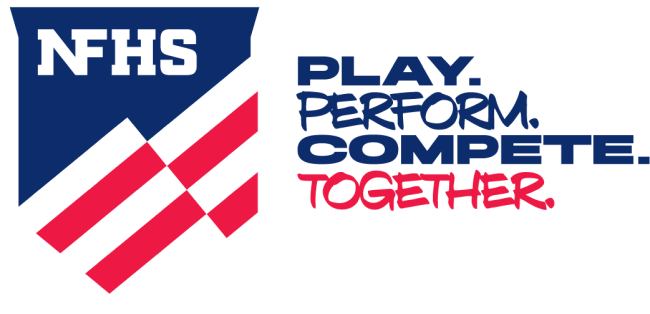Embracing Benefits of AI in High School Speech and Debate

“Allowing them to type everything means they won’t have good handwriting.”
“But if they use spell check, they won’t ever learn how to spell.”
“If they have Google at their fingertips, they won’t have to remember anything.”
Every time some new assistance mechanism has appeared, there’s been a general clamor about how it’s going to create a tradeoff. New technology creates an opportunity for careful skepticism and meaningful hope. After all, technology often means tools that make our jobs and lives easier and more efficient.
Even though many (rightfully so) are reluctant to embrace the world of artificial intelligence, I think it’s important to lean into the possibility that AI may help you become a better educator and your students better competitors. Artificial Intelligence (AI) has become a powerful ally in education, particularly in the realm of speech. From virtual debate coaches to speech recognition tools, AI is transforming how students learn and teachers teach. For high school speech and debate, AI offers unique applications that can enhance learning and foster ethical competition.
Enhancing Communication and Accessibility
AI in speech can significantly enhance communication and accessibility in high school speech and debate. Tools like Dragon Naturally Speaking, Otter and Google Speech-to-Text can transcribe speeches and debates in real-time, providing valuable feedback to students on their delivery, pacing and clarity. No available judges? No problem! Saving up these entry fees for an end-of-season tournament? It doesn’t mean you can’t still practice. These tools help students refine their public speaking skills but also ensure that students with disabilities have equal access to participate in competitions.
Personalized Learning Experiences
Virtual debate coaches, inspired by IBM’s Project Debater, can provide students with tailored feedback on their arguments and speaking style. Additionally, IBM Watson’s natural language processing capabilities can assist students in researching and preparing for debates, saving them time and ensuring well-informed arguments. With topics changing frequently, teachers and students can benefit from topic analysis and idea generation. DebateResults, another AI application, can assist judges in evaluating debates by providing objective criteria for assessing students’ performances, promoting fair and unbiased judging.
A Teaching Assistant
Most speech and debate teachers are busy and in need of coffee. Whether it’s dealing with multiple classroom preps, differentiation based on skillset or class makeup, mixed lessons, or the busy season of high-stakes tournaments, teachers could use a break! Whether it’s getting help with creating quizzes (Conker), generating topic overviews (ChatGPT), spicing up presentations (Canva or Beautiful), or creating more reliable search returns (Sooth), there are a variety of tools that make us better educators.
Dr. Sabba Quidwa, who describes herself as a passionate educator and problem- solver, reminds us that “Machines are really good at repetition. Humans do best at creativity and it’s what we enjoy. The human touch is so important.” Embracing that opportunity to be creative again instead of succumbing to our busy schedules and obligations may provide the boost that our students (and we) need.
SPARK a Change
Dr. Quidwa recommends the use of the SPARK method when creating prompts in generative AI.
Situation – describe the current state or context in which you’re operating.
Problem – identify the specific problem or challenge you’re facing.
Aspiration – articulate your desired outcome or vision for success.
Results – define the specific, measurable results you hope to achieve.
Kismet – add an element of serendipity or surprise. Don’t limit yourself. Go big and describe your dream outcome!
Prompt writing is definitely challenging and requires some commitment, but once you unlock the power of AI in your classroom, you’ll find yourself in a world full of possibilities.
The Future of AI in Speech
Looking ahead, the future of AI in high school speech and debate is bright. As technology continues to advance, we can expect to see even more sophisticated tools and applications that can further enhance learning and competition. By embracing AI in speech, educators can empower students to become effective communicators, critical thinkers and ethical debaters, preparing them for success in the digital age.
By leveraging these AI applications responsibly, educators can enhance students’ learning experiences and promote ethical competition in the world of high school speech and debate. Now’s not the time to dig in our heels and resist change. Instead, take the time this summer to develop your AI plan. Treat yourself to some summer development that will actually make your lives easier. Get back the time you’ve been investing in the classroom. You’re likely sacrificing sleep or sanity. As Dr. Quidwa again reminds us, “Discover the power of technology to solve problems and open doors to new opportunities.”
Source link




